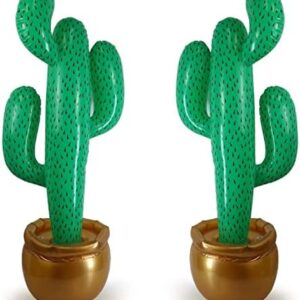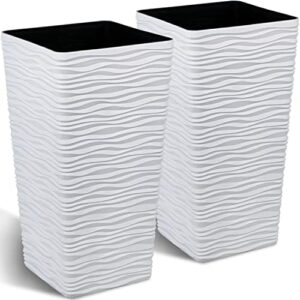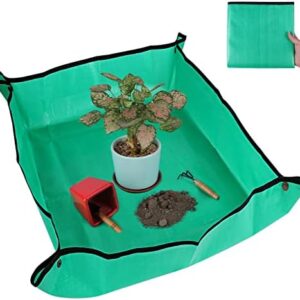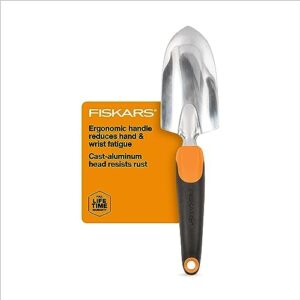Bees are some of the most important creatures on our planet. They play a vital role in pollinating our crops, which helps to provide a large percentage of the food we eat. Unfortunately, bee populations have been declining in recent years due to a variety of factors, including pesticide use, habitat loss, and disease.
As gardeners, we have a unique opportunity to help protect bees and ensure that they continue to thrive. By creating bee-friendly habitats in our gardens and avoiding harmful chemicals, we can make a real difference in the fight to save these important pollinators.
One of the most important things gardeners can do to help protect bees is to provide them with a diverse range of plants to forage on. Bees rely on a variety of different nectar and pollen sources to survive, so planting a wide range of flowers in your garden is essential. Choose plants that bloom at different times of the year to ensure that bees have food available throughout the seasons.
Some of the best plants for attracting bees include lavender, sunflowers, bee balm, and coneflowers. Bees are especially attracted to plants with brightly colored, fragrant flowers, so be sure to include these in your garden. Additionally, native plants are always a good choice, as they have evolved with local bee populations and provide valuable food sources for them.
In addition to providing bees with plenty of forage plants, gardeners can also create nesting sites for these important pollinators. Many species of bees nest in the ground, so leaving some areas of bare, well-drained soil in your garden can provide them with a place to build their nests. You can also create artificial nesting sites by drilling holes in a block of wood or setting up a bee hotel.
It’s important to avoid using chemical pesticides in your garden, as these can be harmful to bees and other beneficial insects. Instead, try using natural pest control methods, such as planting insect-repellent plants like marigolds or using physical barriers like row covers to protect your crops. If you do need to use pesticides, be sure to choose products that are bee-friendly and apply them in the evening when bees are less active.
Another way gardeners can help protect bees is by supporting local beekeepers. Buying honey and other bee products from local beekeepers not only helps to support the beekeeping industry, but it also helps to ensure that bees have access to a diverse range of food sources. You can also consider setting up your own beehive to help support bee populations in your area.
Educating yourself and others about the importance of bees is also crucial in the fight to protect these vital pollinators. By raising awareness about the threats facing bees and the steps that we can take to help them, we can inspire more people to take action and make a difference. Consider hosting a workshop or seminar on bee conservation in your community, or simply sharing information with friends and family.
Overall, gardeners have a unique opportunity to make a real difference in the fight to protect bees. By creating bee-friendly habitats in our gardens, avoiding harmful chemicals, and supporting local beekeepers, we can help ensure that bees continue to thrive for generations to come. So roll up your sleeves, grab your gardening gloves, and join the buzz on protecting bees!






